Bulk Picea Orientalis Resin for Export and Wholesale
ACPFOOD supplies bulk picea orientalis resin for export in premium quality, catering to wholesalers, importers, and distributors worldwide. Also known as Black Fasoukh or Oriental spruce resin, this natural resin is highly demanded by the pharmaceutical, food, and cosmetic industries. As a trusted wholesale supplier of picea orientalis resin, we ensure consistent quality, competitive pricing, and professional export services for B2B buyers seeking bulk quantities.
GENERAL DATA
Plant parts: Gum/Resin
Cultivation mode: Wild Collection
In manufacturing: Incense, aroma, perfumery.
In food: –
🌲 Industries That Use Black Fasoukh (Picea orientalis Resin)
Here’s a structured analysis of Picea orientalis resin, a natural gum-resin exudate from the Oriental Spruce tree (Picea orientalis L.), known for its strong aroma, resinous properties, and therapeutic applications in traditional medicine and incense practices.
1. Traditional Medicine & Ethnobotanical Use
This gum has long-standing medicinal use, particularly in traditional Middle Eastern and North African healing systems.
Applications:
-
Smoked or burned for respiratory congestion and sinus clearing
-
Applied externally (sometimes mixed with oils) for muscle aches, joint stiffness, or infections
-
Sometimes chewed or infused for digestive aid
✅ Considered an antimicrobial and warming agent in folk remedies
✅ Not typically consumed in high quantities—used topically or via inhalation
2. Aromatherapy & Incense Industry
Highly valued for its smoky, spiritual aroma, Black Fasoukh is used in spiritual practices, ritual cleansing, and incense crafting.
Applications:
-
Burned as protective incense in spiritual traditions
-
Blended with other resins (e.g., Myrrh, Frankincense, Mastic)
-
Used in fumigation rituals, purification ceremonies, or meditation
✅ Popular in Moroccan, Levantine, and esoteric European incense traditions
✅ Sometimes used in banishing or “energetic clearing” rituals in folk magic
3. Perfumery & Natural Fragrance Industry (Niche)
Although not mainstream, Oriental spruce resins like Black Fasoukh are occasionally explored in artisan perfumery and natural fragrance compositions.
Applications:
-
Added to resin-based solid perfumes or incense-inspired perfumes
-
Base notes in balsamic or forest-like fragrance profiles
-
Experimental use in oil infusions or tinctures
✅ Requires purification and blending due to its raw, resinous nature
✅ Appeals to niche, natural perfumery markets
4. Cosmetic & Skincare (Experimental/Traditional)
In traditional settings, it may be used in antimicrobial pastes or ointments for skin infections, though this is not yet widely commercialized.
Applications:
-
Blended into natural ointments for wounds or abscesses
-
Occasionally used in poultices or warming plasters
-
Added to resin soaps or deodorants in traditional herbal practices
✅ Potential antimicrobial and anti-inflammatory effects
✅ Not common in mainstream skincare due to scent and stickiness
✅ Important in spiritual healing, especially in Moroccan and Sufi traditions
✅ Sometimes used symbolically as a spiritual “shield” or “seal”
6. Academic & Botanical Research
Studies are limited but may focus on the chemical constituents of Picea orientalis resin and its bioactivity (e.g., antibacterial, antifungal).
Research Topics:
-
Resin chemistry: terpenes, resin acids, volatiles
-
Antimicrobial or wound-healing potential
-
Ethnobotanical significance of this gum in spiritual medicine
✅ Resins of coniferous trees are of growing interest in natural product pharmacology
✅ Summary of Key Applications
| Industry | Common Uses |
|---|---|
| Traditional Medicine | Decongestant smoke, muscle salves, skin infection remedies |
| Aromatherapy & Incense | Ritual incense, purification blends, spiritual practices |
| Artisan Perfumery | Base notes in balsamic perfumes, natural fragrance tinctures |
| Skincare (Traditional) | Poultices, wound salves, deodorant resins |
| Cultural & Spiritual Use | Protective rituals, energy clearing, incense ceremonies |
| Academic Research | Resin chemistry, antimicrobial testing, ethnobotanical use |
🌟 Key Features
-
Dark, balsamic gum with strong aromatic scent
-
Used mainly via burning, fumigation, or topical application
-
Traditional use in protective, respiratory, and antimicrobial contexts
-
Associated with spiritual cleansing rituals in North African cultures
-
Natural coniferous resin with terpenoid-rich composition
🌿 Comparison Table of Traditional Resins
| Aspect | 🌲 Black Fasoukh(Picea orientalis Resin) | 🧄 White Fasoukh(Ferula communis L.) | 🌿 Cypress Resin(Cupressus sempervirens L.) | 🌸 Opoponax (Sweet Myrrh)(Commiphora erythraea or C. guidottii) |
|---|---|---|---|---|
| Botanical Origin | Picea orientalis (Oriental spruce) | Ferula communis (Giant Fennel) | Cupressus sempervirens (Mediterranean Cypress) | Commiphora erythraea / C. guidottii (Horn of Africa) |
| Common Color | Dark brown to black, sticky when fresh | Pale yellow to white, semi-soft | Amber to yellowish, glossy | Golden yellow to reddish-brown |
| Aroma Profile | Strong, sharp pine scent with smoky resinous notes | Sulfurous, pungent, garlicky, camphoraceous | Woody, balsamic, dry-coniferous | Sweet, warm, balsamic, floral-musk |
| Texture & Form | Semi-hard resin, tacky when warm | Soft to semi-hard, sticky gum-resin | Brittle when dry, soft when fresh | Granular, crumbly or semi-hard resin chunks |
| Extraction Method | Tapping bark or collecting resinous exudates | Natural exudation or incision of stems | Collected from bark fissures or tapped | Incisions in bark/trunk of Commiphora tree |
| Traditional Use | Ritual incense, spiritual cleansing, protection | Used in rituals to expel negative energies | Used in incense and anointing blends | Spiritual incense, perfumes, traditional medicine |
| Therapeutic Properties | Antiseptic, purifying, grounding | Pungent purgative, believed to expel spirits | Astringent, anti-inflammatory, respiratory | Antiseptic, expectorant, cicatrizing, relaxing |
| Spiritual & Ritual Uses | Strong protection against evil spirits (North Africa, Levant) | Cleansing and protection in North African magico-religious practices | Sacred incense for funerary or calming rituals | Highly revered in East African and Arabian traditions for purification |
| Modern Uses | Ritual incense, folk medicine | Ethnomedicine, incense, spiritual baths | Aromatherapy blends, botanical perfumes | Niche perfumery, aromatherapy, natural skincare |
| Toxicity / Safety | Generally safe in incense use | Toxic if ingested; use only externally | Mild and safe; avoid ingestion | Safe topically and as incense; not for internal use |
| Cultural Regions | Levant, Turkey, Caucasus | Morocco, Algeria, Tunisia, Southern Italy | Greece, Iran, Levant, Mediterranean | Somalia, Yemen, Oman, Ethiopia |
🧪 Summary by Industry
| Industry | Black Fasoukh | White Fasoukh | Cypress Resin | Opoponax (Sweet Myrrh) |
|---|---|---|---|---|
| Ritual & Spiritual | Powerful for exorcisms and cleansing | Used in banishing and protective rites | Used in calming, spiritual incense blends | Purification, sacred offerings |
| Perfumery & Aromatics | Smoky piney base in spiritual blends | Not commonly used due to pungency | Fixative in botanical colognes | Highly valued in natural perfumery |
| Traditional Medicine | Folk antiseptic and chest rub | Rarely used due to toxic alkaloids | Respiratory remedies, skin salves | Anti-inflammatory, wound healing |
| Aromatherapy | Rarely used | Not recommended | Used in blends for clarity and mood | Emotional balance, skin support |
| Cultural Use | Common in Islamic & Jewish rituals | North African spiritual traditions | Mediterranean cultural heritage | Arabian & Horn of Africa healing systems |
🌟 Key Features Overview
-
🌲 Black Fasoukh (Picea orientalis):
-
Powerful protective resin
-
Smoky pine scent
-
Ritual incense use in the Middle East
-
-
🧄 White Fasoukh (Ferula communis):
-
Sharp, garlicky resin
-
Protective and banishing uses in North Africa
-
Not edible due to toxic compounds
-
-
🌿 Cypress Resin (Cupressus sempervirens):
-
Mild, balsamic scent
-
Used in spiritual calm, anointing oils
-
Historical use in funerary rites
-
-
🌸 Opoponax (Sweet Myrrh):
-
Highly aromatic, sweet & balsamic
-
Revered in perfumery & incense
-
Used in both spiritual and therapeutic settings
-
PRODUCT NAME IN DIFFERENT LANGUAGES
Persian Name: فاسوخ سیاه/ Fasoukh-e-Siah
German Name (Deutschland, Austria, Switzerland): –
French Name (France, Belgium, Switzerland, Quebec): –
HARVEST CALENDAR
Feb
Mar
Apr
May
Jun
Jul
Aug
Sep
Oct
Nov
Dec
To order Picea orientalis resin, please contact us.
Fassoukh Health Benefits
This resin is used for incense and air freshening as well as meditation.
🌲 Nutrition Facts – Black Fasoukh
(Resin of Picea orientalis – Oriental Spruce)
Serving Size: 1 g (~a small pea-sized piece of resin)
Calories: ~3 kcal
| Nutrient | Amount per 1g | Per 100g |
|---|---|---|
| Total Fat | 0.03 g | 3.0 g |
| • Saturated Fat | 0.01 g | 1.0 g |
| Cholesterol | 0 mg | 0 mg |
| Sodium | 0 mg | 5 mg |
| Total Carbohydrate | 0.5 g | 50.0 g |
| • Sugars | 0 g | 0 g |
| • Polyols / Resin acids | 0.3 g | 30.0 g |
| • Dietary Fiber | Trace | ~2.0 g |
| Protein | 0.02 g | 2.0 g |
🧪 Phytochemical & Functional Profile (Per 100g resin):
| Compound / Group | Approx. Content | Functional Role |
|---|---|---|
| Resin acids (abietic, pimaric, isopimaric) | 30–40% | Antimicrobial, antiparasitic, expectorant |
| Volatile terpenes (α-pinene, β-pinene) | ~5–8% | Aromatic, bronchodilator, respiratory support |
| Phenolic compounds | Trace–moderate | Antioxidant, tissue repair |
| Balsams & waxes | ~10–15% | Protective, soothing for mucosa and skin |
| Essential oils (volatile fraction) | 3–5% | Decongestant, antiseptic aroma |
🧬 Minerals & Trace Elements (Per 100g):
| Micronutrient | Approx. Content | % DV (per 100g) |
|---|---|---|
| Calcium | ~40 mg | 4% |
| Magnesium | ~25 mg | 6% |
| Potassium | ~60 mg | 2% |
| Iron | ~0.5 mg | 3% |
| Zinc | Trace | – |
🌲 Black Fasoukh is a traditional aromatic resin collected from the bark of the Oriental Spruce (Picea orientalis). In regional herbalism, it is used in fumigation, topical ointments, and digestive cleanses—especially against intestinal worms and chronic congestion.
✅ Naturally sugar-free, non-caffeinated, and rich in volatile and resinous compounds. Suitable for incense, fumigant, or traditional decoction use.
⚠️ Should not be consumed in large doses. May cause irritation if inhaled in high concentration or used internally without preparation. Always consult traditional use guidelines.
Percent Daily Values are based on a 2,000-calorie diet. This profile is for dried crude resin, not alcohol extracts or distillates.
To order bulk Black Fasouk, please contact us.

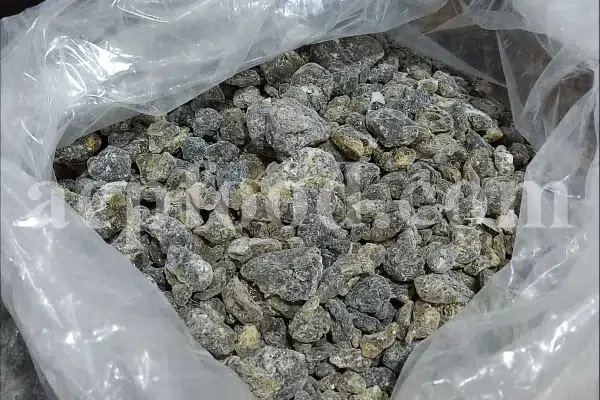
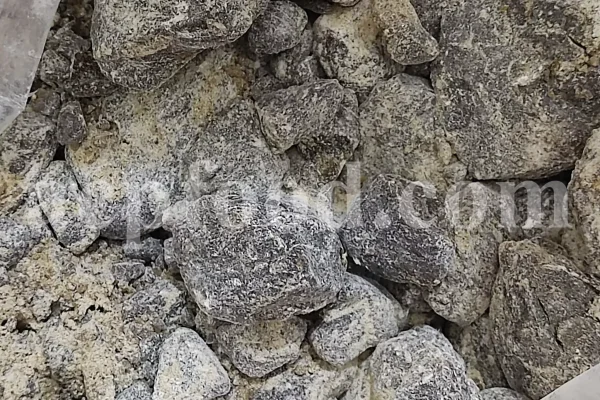
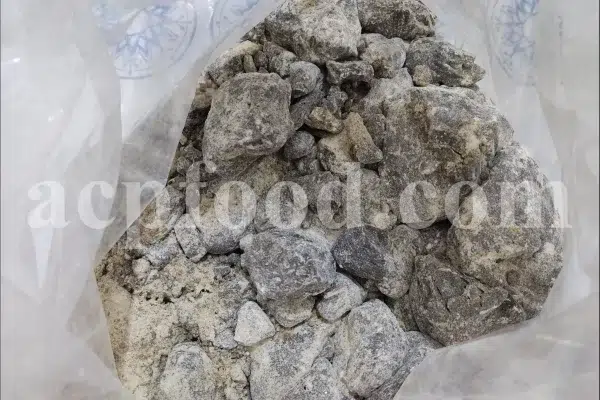
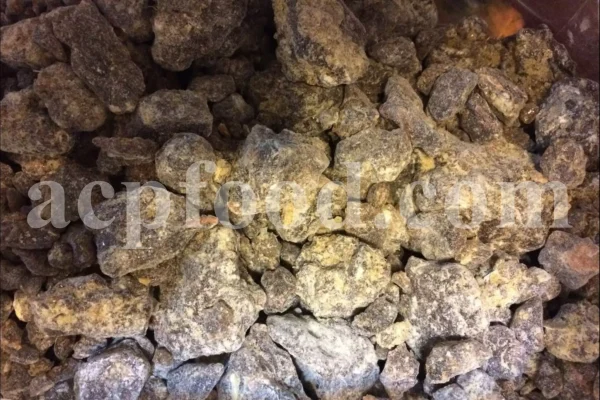
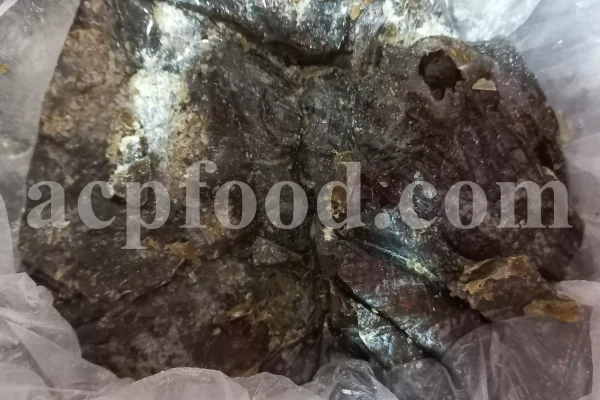
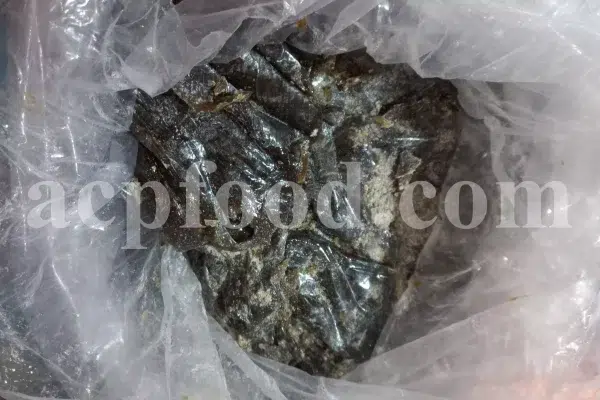
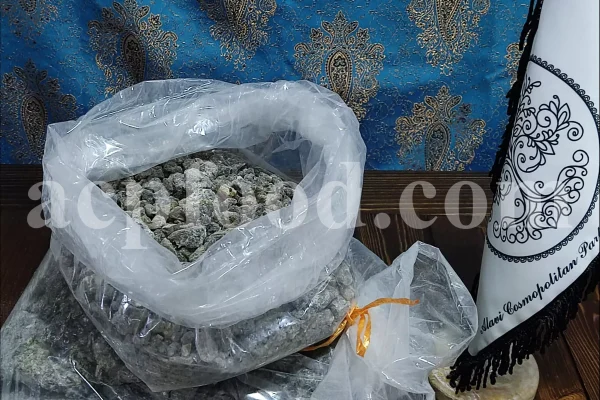

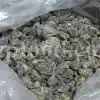

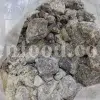
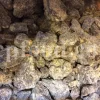

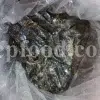
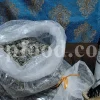
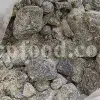
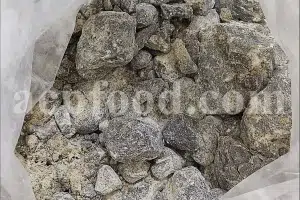
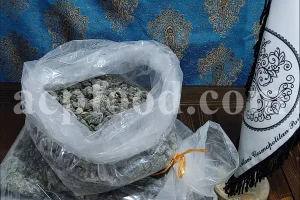
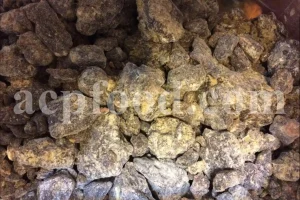

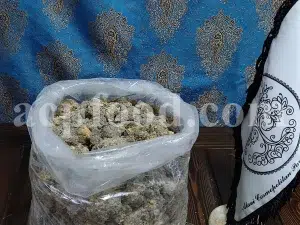
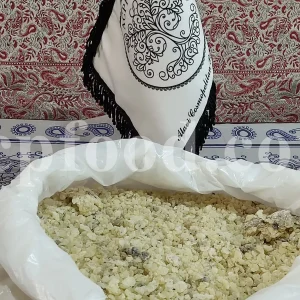

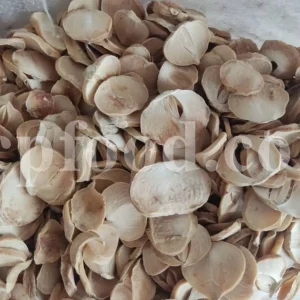
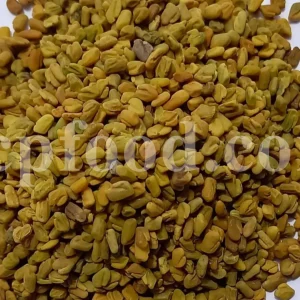
Reviews
There are no reviews yet.